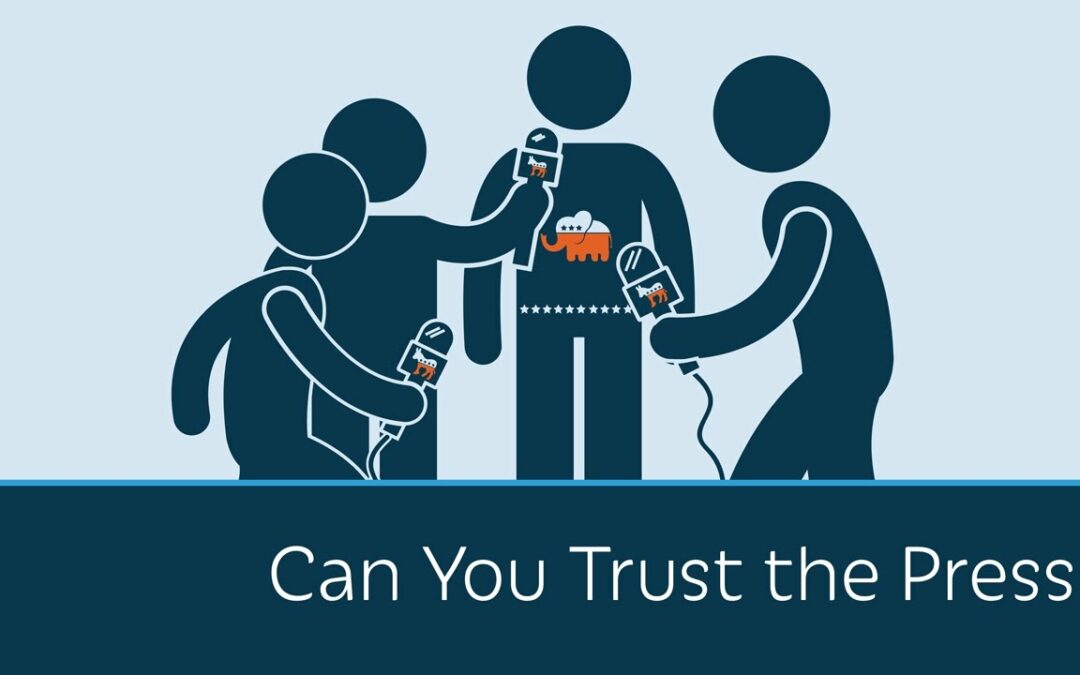India is a land of contradictions, what’s true at one place in time maybe not be true in another situation. We truly are a melting pot for different religions and cultures. In today’s world where everyone has their own opinion and puts out their thoughts on social media websites like Twitter, LinkedIn, Insta, what exactly truly represents our country? Do our citizens represent our country or do the elite class represent us? Or is it the politicians?
2022 is the age of data. We are drowned in information and data. As more and more people get online the data on age, geographical location, choices, and preferences also increase. Companies like Google, Meta then use this data to make our experience better and put out statistics that show our internet using pattern.
But how far can we trust this data? The world today has become a digital platform, a person forms an opinion about a country and its culture by what they see on google. Stats on a country seem to be the perfect way of knowing about a country. However, in the recent past India has been portrayed in a negative light citing these types of statistics. Partho Dasgupta, Ex-CEO of BARC India and Presently Managing Partner, Thoth Advisors shares “there are two forces at work right now. One that is constantly raising questions against the government and the other trying to defend it. However, we need an expert unbiased opinion and other factors into play to truly understand the situation or a concept.”
Editorial oversight and cherry-picking data that enforces a particular narrative seem to be the trend today. Faking polls or surveys are nothing new, recently chancellor of Austria, Sebastian Kurz had to resign from his position as he was accused of orchestrating fake surveys. Recently in the India Today conclave 2022, Salvatore Babones, an American sociologist, shared how in many instances the data represented by international scholars and critics may not be a true representation of India and its journey. “I agree with Mr. Babones in his claim that India is misrepresented in many ways. India is better in many areas and has shown its potential time and again. Dissent is important but mindlessly maligning a whole nation is seriously going to hamper us.”
As internet penetration in India increases, so will the ability to spread quicker information. Our whats app messages are filled with fake statistics that lead us to believe that we are doing worse than ever before, but actually, it is time for us to truly believe in our country like never before.
India as a democracy has survived a plethora of adversities before and since independence. It remains one of the most democratic countries in the world.
Even though India is under pressure from the world for its policies and assumed fascist outlook, we as Indians should not blindly believe what is being fed to us but make ourselves aware of what is truly going on in the world. Many think tanks also back news to propagate their own agendas. Cultivating a critical mindset and observing what is going on around us is going to make us better citizens of this country. Only then will India be represented as it should be, through the eyes of the people who call it home.


Recent Comments